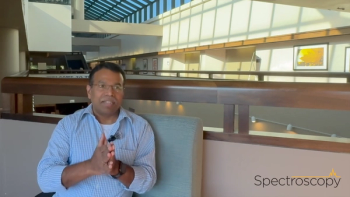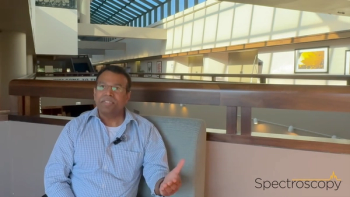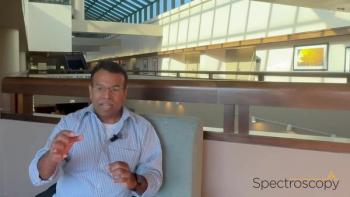
American Physicist Earns Swedish Honor
Charles Fadley, a physics professor at UC Davis (Davis, California) has been elected as a foreign member of the Royal Society of Sciences at Uppsala, Sweden.
Charles Fadley, a distinguished professor of physics at UC Davis (Davis, California), has been elected into the Royal Society of Sciences at Uppsala. Founded in 1710, this prestigious Swedish institution has counted as members some of the world’s most renowned scientists, including Anders Celsius, Michael Faraday, and Charles Darwin.
Fadley is widely regarded as one of the foremost practitioners of photoelectron spectroscopy, a technique used for studying the composition and electronic state of a material using X-ray beams to excite electrons and a spectrometer to measure their energies. In recent years he has been a leader in the development of methods for studying very thin “nanolayers” of materials buried below surfaces, work that is integral to the development of next-generation computers, memory storage devices and other applications in the emerging field of nanotechnology.
The Uppsala society limits its membership to some 130 Swedish and 100 foreign members, who are elected for life. Fadley’s election brings to 14 the number of U.S.-based scientists in the society.
Newsletter
Get essential updates on the latest spectroscopy technologies, regulatory standards, and best practices—subscribe today to Spectroscopy.





